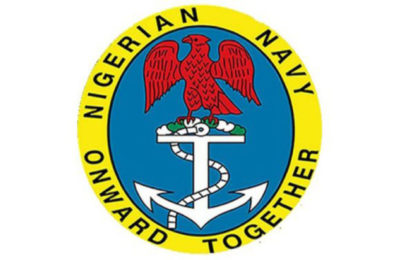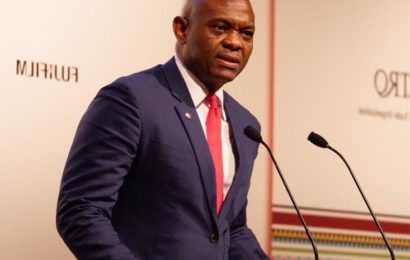
The Minister said that approved liability on the Scheme for unused certificates which are either in the custody of exporters or awaiting issuance in the Federal Ministry of Finance, will be settled after the conduct of an audit to verify the actual amount due.
Following EEG suspension, Dr. Enelamah had set up an Inter-Ministerial Committee to access the scheme holistically and make recommendations on its continued operation or otherwise and the framework for its continued operation.
The committee came up with far reaching recommendations and also made a presentation at the Economic Management Team (EMT) meeting of October 17, 2016, presided over by His Excellency, the Vice President of the Federal Republic of Nigeria, Prof. Yemi Osinbanjo, in which its recommendations were approved.
MITI had a meeting a couple of weeks ago with exporters and other stakeholders to discuss and exchange ideas once again on the matter. Also,the Federal Ministry of Industry, Trade and Investment is currently running a feasibility study for the development of 6 Special Economic Zones (SEZ’s) and securing funding in the Nigerian budget for the first development phase to be launched in 2017.
Enelamah said the Ministry is updating Nigeria’s trade policy priorities by working to correct imbalances in the country’s trade relationships and reversing negotiating failures. One of those items it is examining at the moment is the Economic Community of West Africa States (ECOWAS) CET.
CET is a regional tariff structure for West Africa on the basis of which products are imported within the region. It came into effect in 2015 with a transitional period of implementation to 2020. The challenge for the Nigerian economy is that manufacturers and industrialists have taken a strong position that the negotiation that resulted in the CET did not take into account the sensititives of the Nigerian industrial and manufacturing sector




